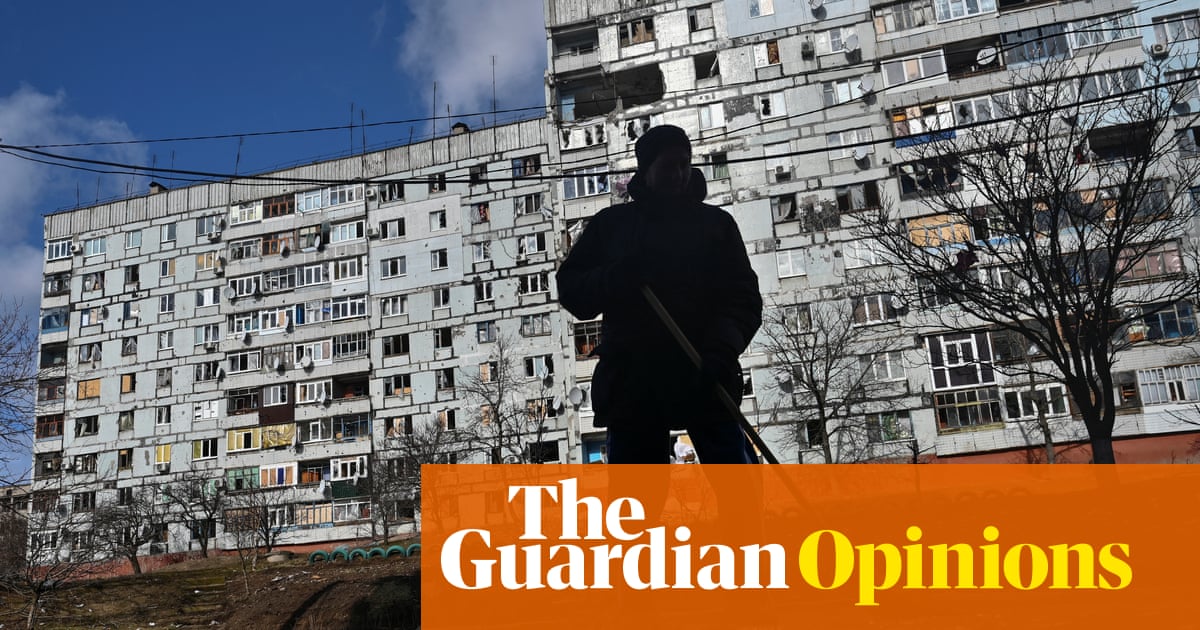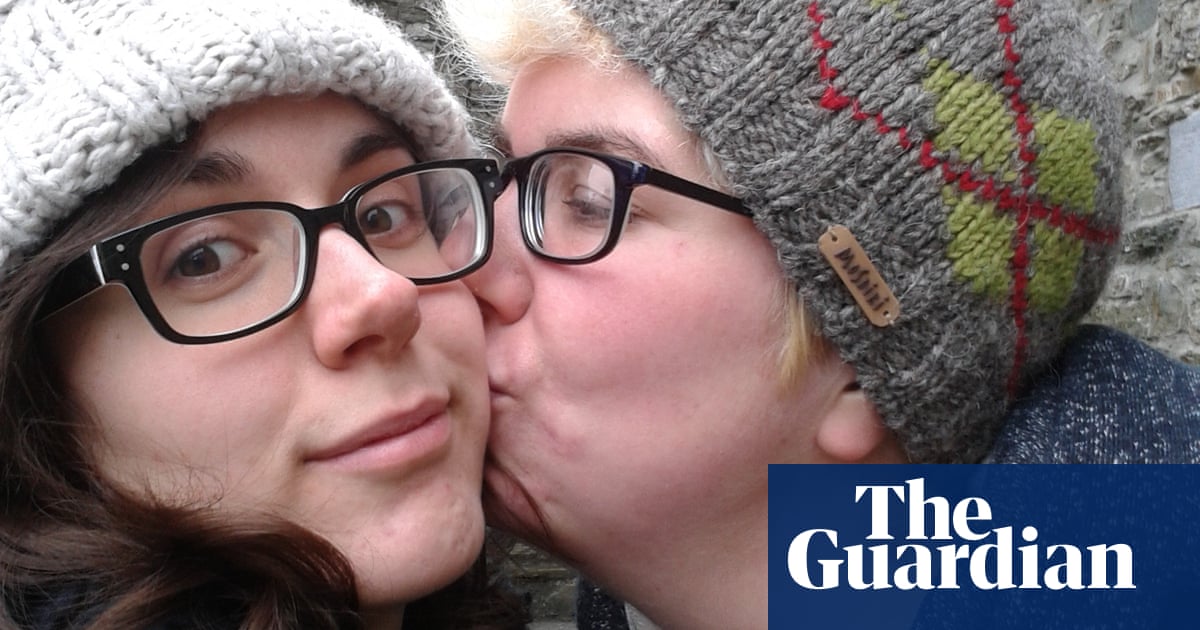
t’s strange watching a narrative shift in real time. But then, everything is strange these days. Attitudes that would ordinarily take years, even decades, to shift seem in a state of emergency to transform overnight. Mere weeks ago, migrant care workers were included in the “low-skilled” category of worker by the Home Office, and barred from entering the UK under new, post-Brexit immigration rules. Now, everyone from the Queen and Matt Hancock to your clapping neighbours is lauding them as key workers. They even get a special badge, which reads more like an imperative: “CARE”.
I’ve wanted the Conservative party to care for a long time. For most of my adult life, I’ve watched it decimate public services. My husband works in the social care sector, and my brother, who is severely autistic, is in the full-time care of the state. I am not alone in this: so many of us love someone who is reliant on the people working in our social care system or works in the system. We have long lamented the low pay and even lower respect afforded to care workers but until the coronavirus pandemic, few people listened.
The work of caring is long and arduous and often unglamorous. Care workers help my brother brush his teeth. They give him his bath, give him a shave, support him while he dresses, prepare his breakfast, help him use the toilet: all these vital things that he cannot do alone. But this is not all they do. Care work often involves highly specialised tasks, from hoisting and coping with seizures to the administration of medication.
Furthermore, the emotional dimension of care work is often lost on people, but this is the most important part of the labour of caring. The work requires kindness, tact, tolerance, generosity, compassion and intelligence. Care workers afford my brother a dignity that the outside world often does not. They treat him as a human being, with interests and needs and desires, even if it means having to listen to Michael Bublé again in the car.
They comfort him when he cries because he misses us. They look after him when he has had a seizure and make him feel safe. They make playlists of his favourite music, draw up menu plans, come up with new activities to keep him occupied. They try to calm him down when he is angry or frustrated. Care workers are also often expected to tolerate aggression and abuse as a result of service users’ behavioural problems or mental health issues. They are forced to be the recipients of racist views unleashed, for example, by dementia. Injuries happen.
It is difficult to put into words the gratitude I feel towards the people who do this job. Through this crisis, they are there. They are putting sleeping bags in the boots of their cars, in case they need to plug staff shortages. They are sleeping in caravans in the grounds of care homes, on air mattresses. In some homes, they are moving in en masse. As they face a rising death toll, they are helping people say goodbye to their loved ones. They fill their residents’ rooms with mementos and photographs. They hold their hands when there is no one else to do so. Their commitment to vulnerable people goes above and beyond. It always has done, but now the country as a whole is realising it.
Gratitude is welcome. As Matt Hancock, the health and social care secretary, pointed out, we are clapping for our carers, which includes care workers as well as NHS staff. A badge that allows care workers to access essential services will be welcome, especially as some have been turned away from supermarkets. But, as others have so starkly highlighted, we must not forget that this crisis has been preceded by chronic underfunding. For 10 years, I have watched Conservative-led governments run down the services on which my family and millions of others are reliant. In the middle of all this, care workers have valiantly carried on, but there is a reason that there are 122,000 social care vacancies. To add to years of neglect, now some care workers have been forced to wear bin bags in the absence of proper protective equipment.
The last time I visited a pub, shortly before lockdown, I spent much of the evening talking to a care worker, a friend of a friend. She was having a tough time with the work. She was exhausted, strung out, disillusioned and depressed. She had recently started taking medication. People don’t realise the toll it takes, she said; people don’t realise how much we give of ourselves.
I can’t visit my brother at the moment, but I know that he is in good hands. I am scared, as we all are, and sad that I don’t know when I’ll next be able to give him a hug. The men and women who look after him – many of them young – are putting their own health at risk to make sure he stays happy and well. Care workers are owed much more than a badge and our applause. They are owed decent pay and benefits, proper working conditions and employment rights. That is gratitude. That is caring.
• Rhiannon Lucy Cosslett is a Guardian columnist












